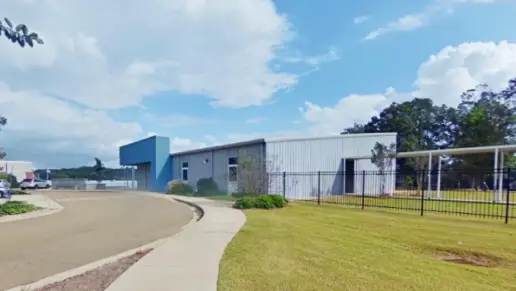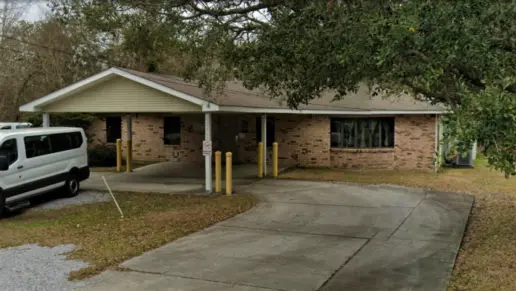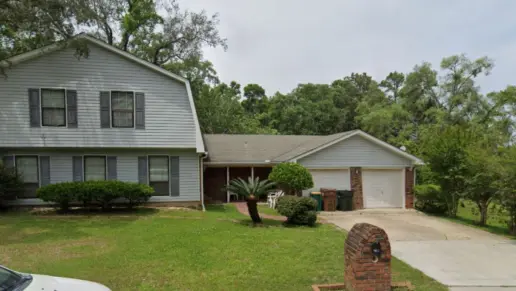About Warren-Yazoo Mental Health Service : Chemical Dependency Center
Warren Yazoo Chemical Dependency Center provides services for mental health, addiction and development disabilities. They are located in Vicksburg, Mississippi. Services are provided to adult men and women in both outpatient and residential formats. They accept self pay.
A residential treatment program has 25 beds. Treatment includes medical assessment, individual therapy and group therapy. The program is designed to provide daily structure and life skills.
The intensive outpatient program offers evening therapy sessions. You will be expected to participate in individual and group therapy. You’ll receive personalized counselor support. A main focus of your treatment will be relapse prevention.
Latest Reviews
Rehab Score
Gallery
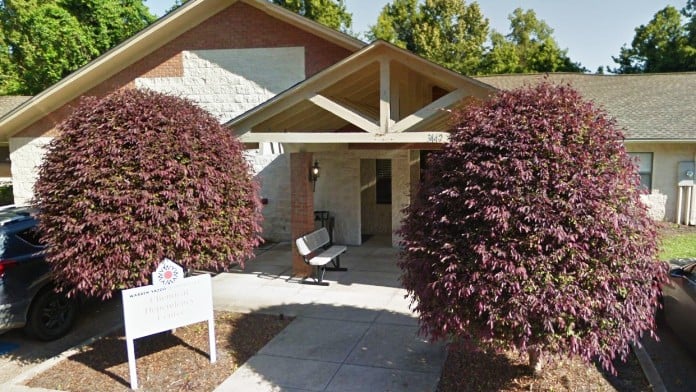
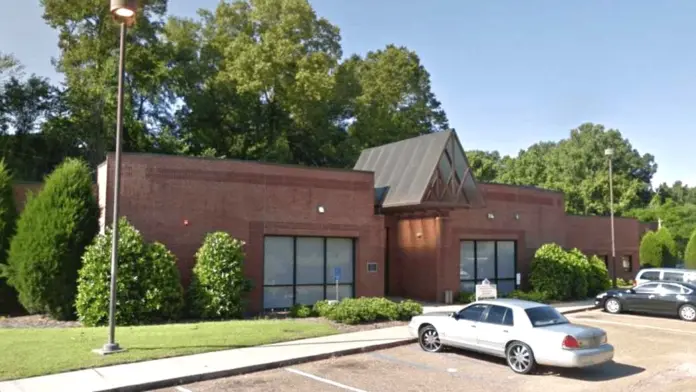
Location
Other Forms of Payment
Private insurance refers to any kind of healthcare coverage that isn't from the state or federal government. This includes individual and family plans offered by an employer or purchased from the Insurance Marketplace. Every plan will have different requirements and out of pocket costs so be sure to get the full details before you start treatment.
Self-pay involves paying for treatment out of your own pocket. You can use savings or credit, get a personal loan, or receive help from family and friends to fund your treatment. If you don't have insurance or your insurance plan doesn't cover a specific program, self-pay can help ensure you still get the care you need.
Sliding scale payments are based on a client's income and family size. The goal is to make treatment affordable to everyone. By taking these factors into account, addiction recovery care providers help ensure that your treatment does not become a financial burden to you or your family, eliminating one barrier to care.
Medicaid is a state based program that helps lower-income individuals and families pay for healthcare. Medicaid covers addiction treatment so those enrolled can use their coverage to pay for rehab. When a program accepts Medicaid the client often pays very little or nothing out of their own pocket.
Addiction Treatments
Levels of Care
Treatments
The goal of treatment for alcoholism is abstinence. Those with poor social support, poor motivation, or psychiatric disorders tend to relapse within a few years of treatment. For these people, success is measured by longer periods of abstinence, reduced use of alcohol, better health, and improved social functioning. Recovery and Maintenance are usually based on 12 step programs and AA meetings.
For those seeking help with addiction, a drug rehab in Mississippi offers the necessary care to achieve long-term recovery. Options include inpatient, residential, partial hospitalization, intensive outpatient, and long-term drug rehab in Mississippi.
Many of those suffering from addiction also suffer from mental or emotional illnesses like schizophrenia, bipolar disorder, depression, or anxiety disorders. Rehab and other substance abuse facilities treating those with a dual diagnosis or co-occurring disorder administer psychiatric treatment to address the person's mental health issue in addition to drug and alcohol rehabilitation.
A combined mental health and substance abuse rehab has the staff and resources available to handle individuals with both mental health and substance abuse issues. It can be challenging to determine where a specific symptom stems from (a mental health issue or an issue related to substance abuse), so mental health and substance abuse professionals are helpful in detangling symptoms and keeping treatment on track.
Opioid rehabs specialize in supporting those recovering from opioid addiction. They treat those suffering from addiction to illegal opioids like heroin, as well as prescription drugs like oxycodone. These centers typically combine both physical as well as mental and emotional support to help stop addiction. Physical support often includes medical detox and subsequent medical support (including medication), and mental support includes in-depth therapy to address the underlying causes of addiction.
Programs


Clinical Services
If you participate in cognitive behavioral therapy in Mississippi, you can expect to receive homework exercises that allow you to practice the skills you discuss during your sessions. You'll learn how to develop coping skills and change your thinking and behavior so you can break free from addiction.
Group therapy is any therapeutic work that happens in a group (not one-on-one). There are a number of different group therapy modalities, including support groups, experiential therapy, psycho-education, and more. Group therapy involves treatment as well as processing interaction between group members.
Individual therapy for drug addiction provides you a safe nonjudgmental space to discuss your struggles and past trauma that impact addictive behavior. Your therapist offers support and guidance as you develop personalized strategies to navigate the challenges of recovery.
Counselors who apply motivational interviewing take on the roles of listening and reflecting. Their goal is to facilitate conversation about change and commitment to change. They offer support and seek to empower the client to make changes in their life.
Family therapy involves group sessions in which all members of the family unit are together to discuss how addiction has affected them collectively and individually. Experienced therapists help guide families to develop strategies that protect their well being and emotional health while supporting their loved one's efforts to recover.
Often, substance use and mental health disorders weaken basic life skills. This makes daily functioning a challenge and can lead to a cycle of addiction. To help you break free from this cycle, drug rehab programs include integrated life skills training which helps you redevelop or strengthen the life skills you need for success.
Staff & Accreditations
Staff

Executive Director

Deputy Executive Director

CFO
Accreditations

State Licenses are permits issued by government agencies that allow rehab organizations to conduct business legally within a certain geographical area. Typically, the kind of program a rehab facility offers, along with its physical location, determines which licenses are required to operate legally.
State License: Mississippi
Contact Information
3442 Wisconsin Avenue
Vicksburg, MS 39180
